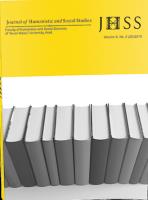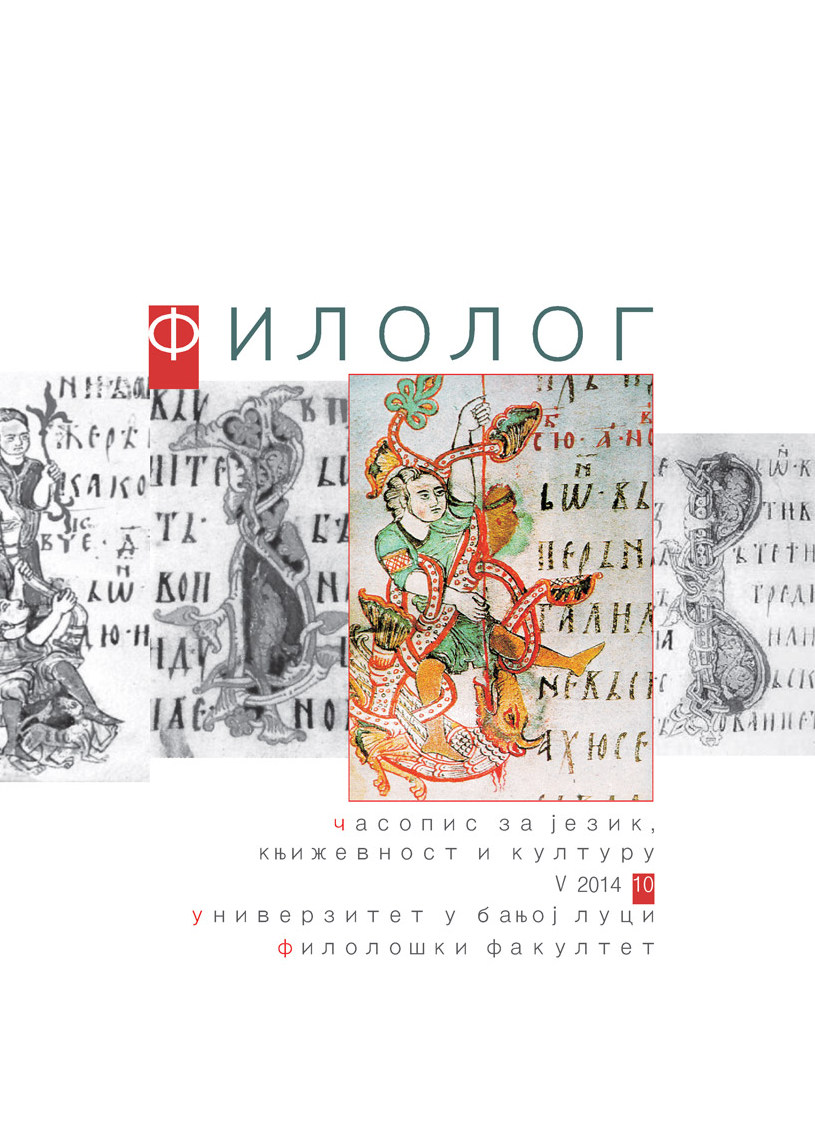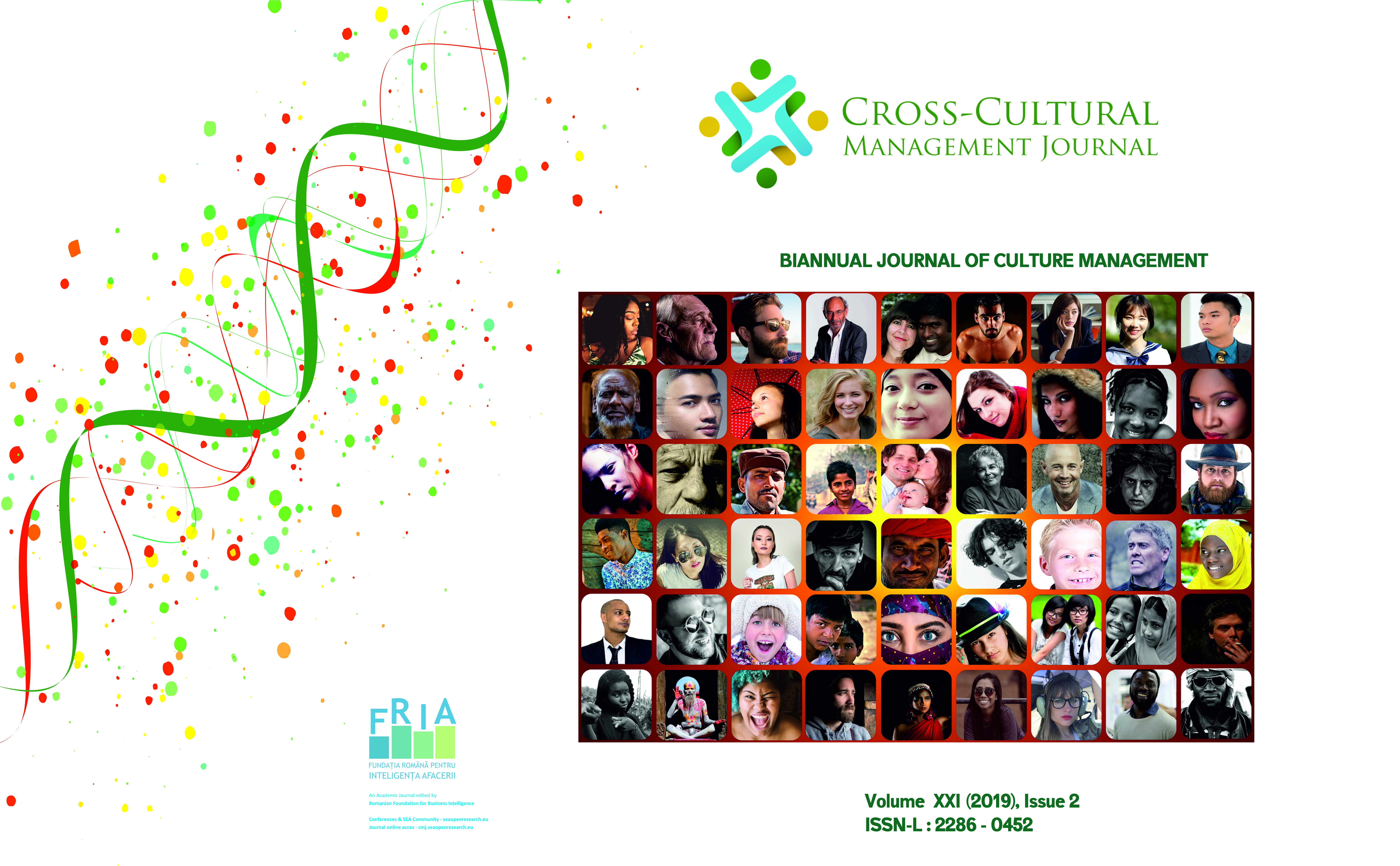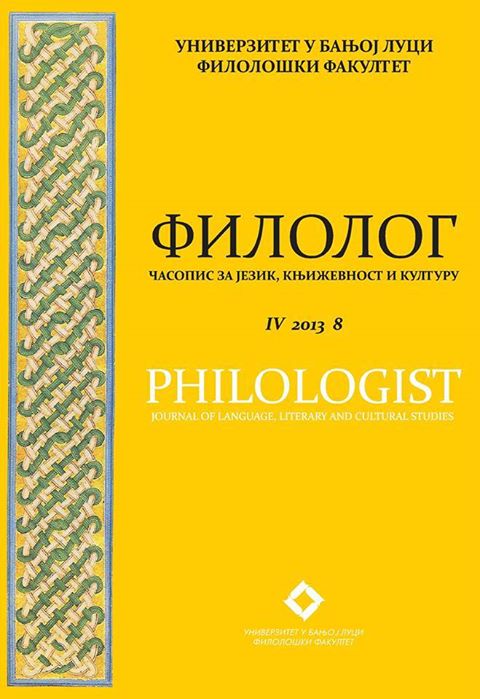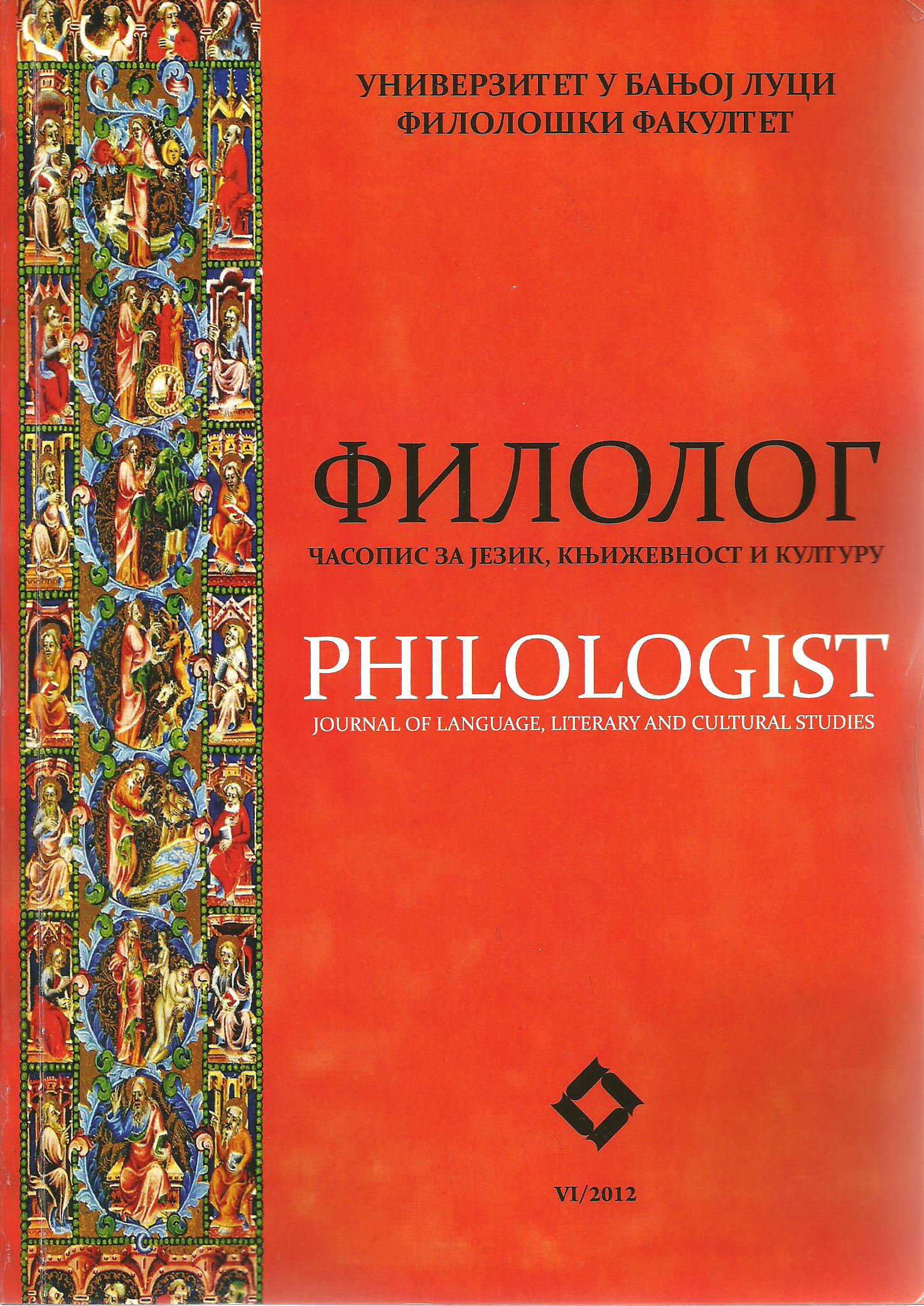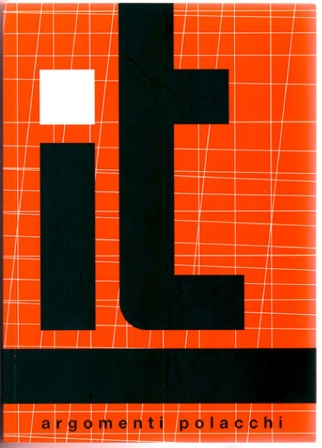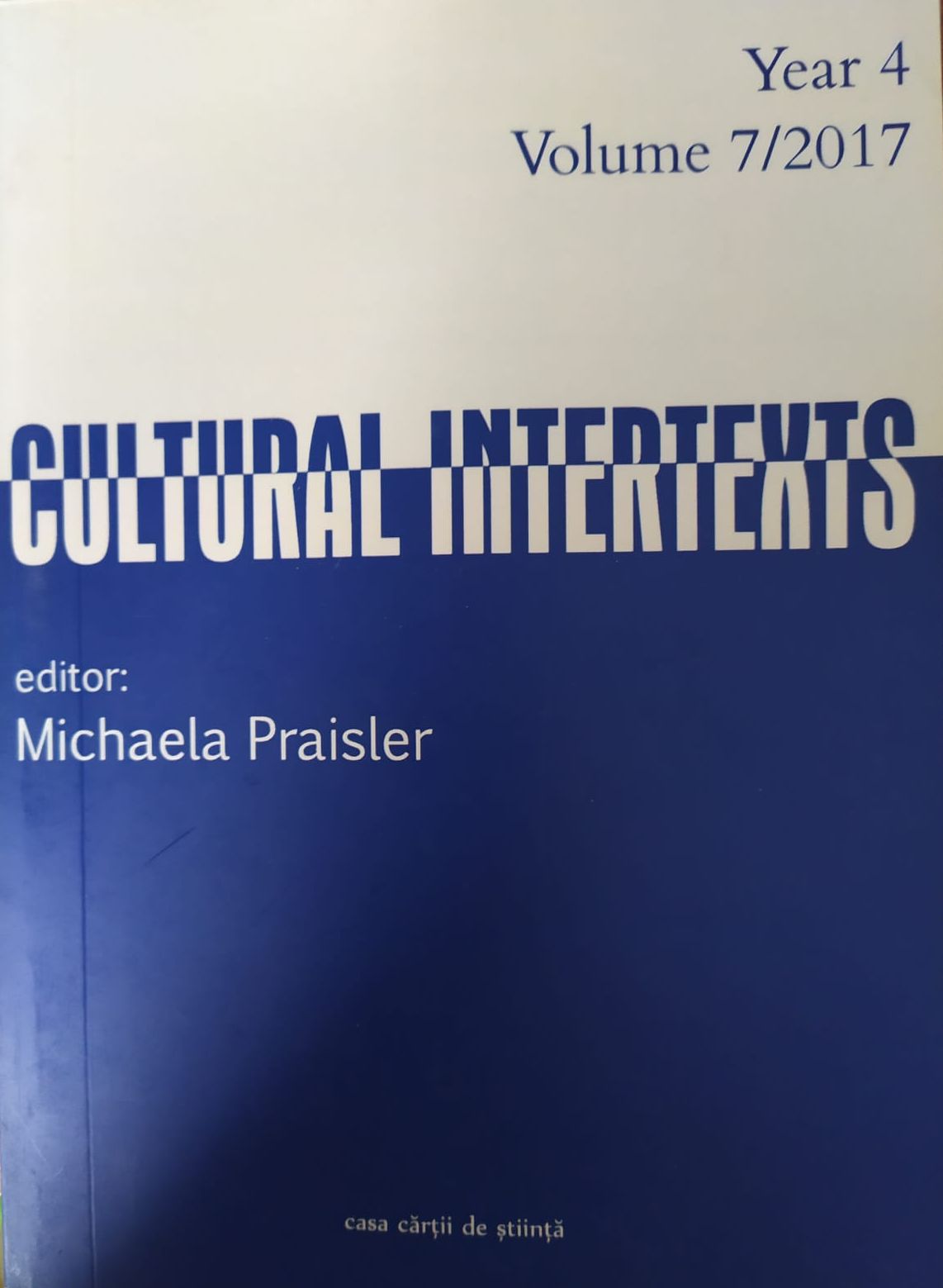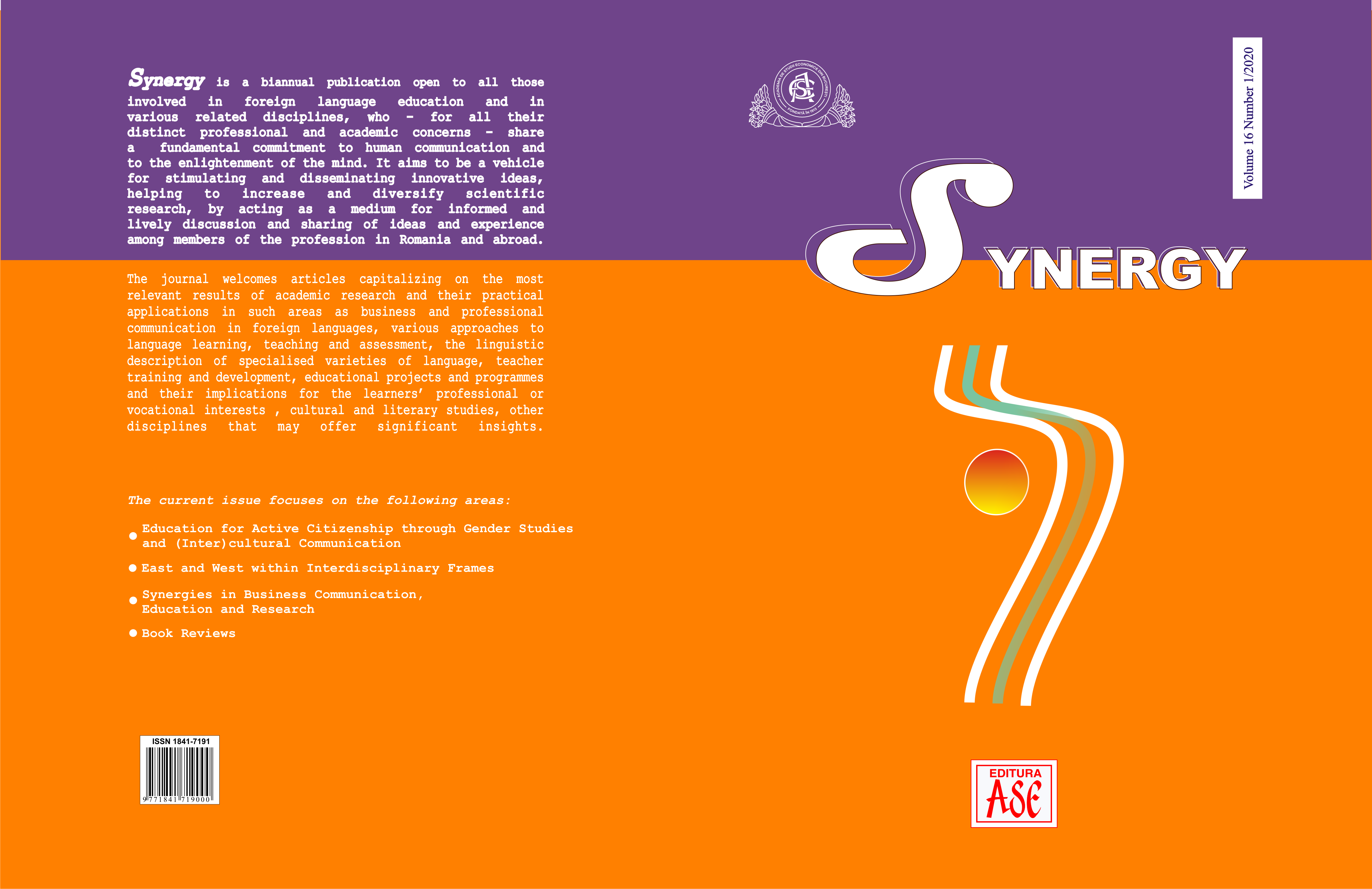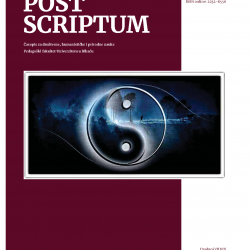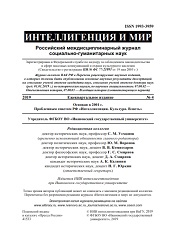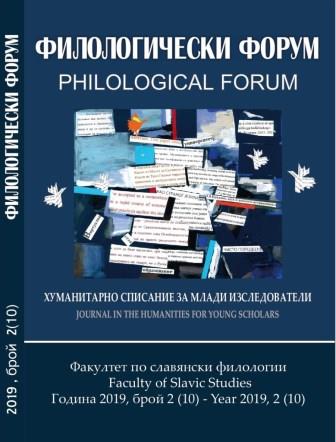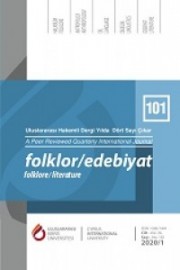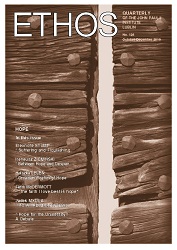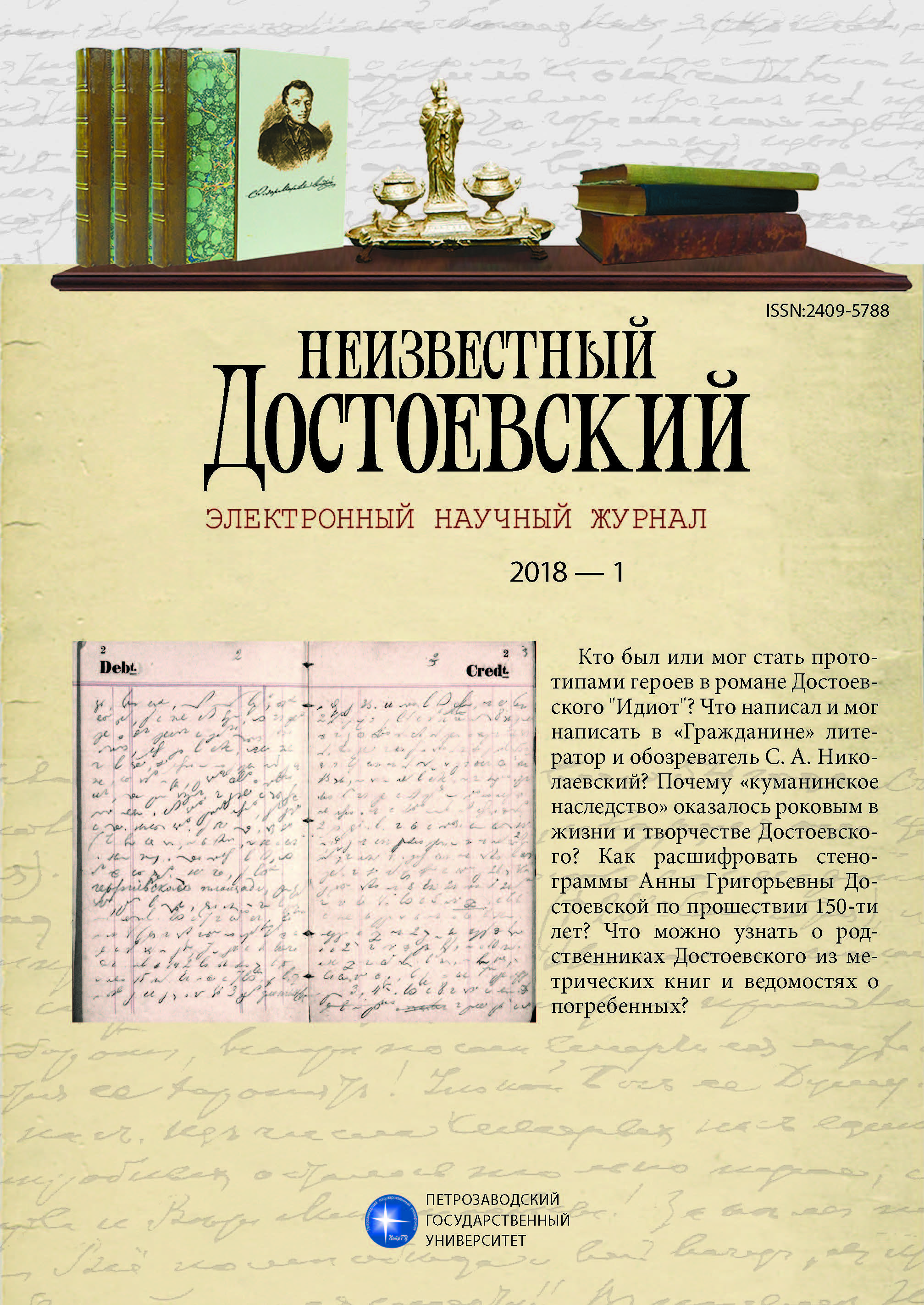
Уточнения к родословию Достоевских (по материалам петербургского архива)
The article explores some archival sources concerning St. Petersburg line of the Dostoevskys. Based on the original documents thirty three records from parish registers and lists of the deceased, kept in the Central State Historical Archive of Saint Petersburg, were published and analyzed. All the records are reproduced with the indication of the archival storage sites. Their studying allows considering the given archive as a valuable source of the documentary data on Dostoevsky’s genealogy and his family entourage. The documentary information on the burial at the Smolensk, Bolsheokhtinsky Georgievsky orthodox cemeteries in Saint Petersburg and at the cemetery of the Novodevichy Voskresensky monastery (Central State Historical Archive of St. Petersburg, Funds 457, 641 and 639) for the first time was introduced into scientific use. Two younger brothers and sister of F. M. Dostoevsky, their relatives (the Dostoevskys, the Rykachyovs, the Golenovskys, the Shevyakovs, the Stavrovskys), the descendants of the elder brother (the Dostoevskys, the Vladislavlevs) were buried there, as well as the relatives of the writer on the part of Anna Grigorievna Dostoevskaya (the Snitkins). Based on these documents some biographic data, presented by previous researchers, have been revised or updated.
More...
